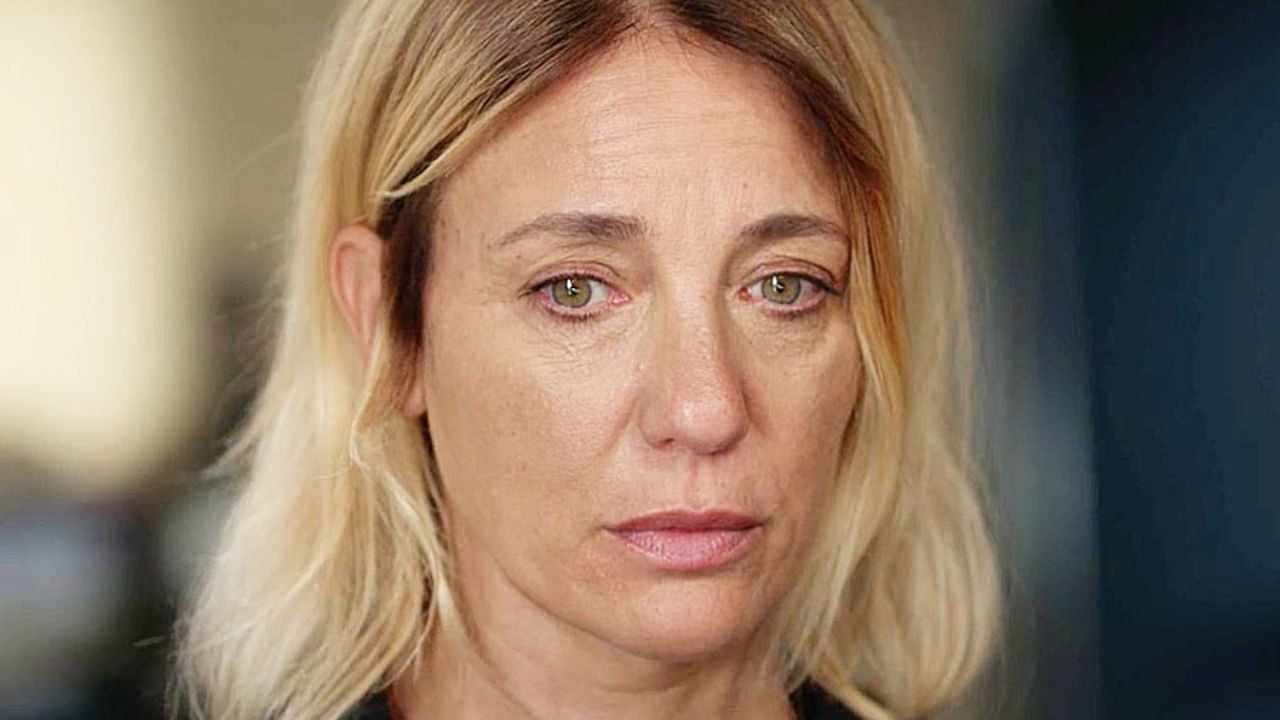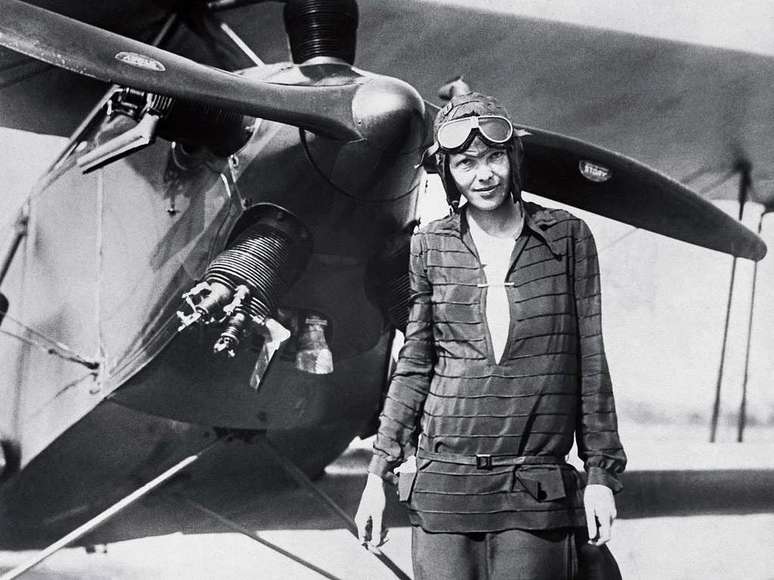Allies close to the Islamic revolution of 1979, Tel Aviv and Tehran today are irreconcilable enemies. What is this turn due? Iran and Israel have been enemies for decades. Tehran denies Israel’s right to exist and threatens the “Zionist regime” with annihilation. Israel, in turn, considers Iran as Archi-Annemy. But it was not always the case.
Both were all -sighted allies until the 1979 Islamic revolution in Iran. This was even one of the first to recognize the state of Israel in 1948. Tel Aviv considered Iran an ally in front of the Arab States in the conflict of the Middle East. For Tehran, Israel, supported by Washington, was also a timely political counterweight for the nearby Arab countries.
Israel has trained Iranian agricultural experts, provided technical knowledge and contributed to forming and training the armed forces of the Islamic country. At the time the sovereign of Iran, the Shah Mohammad Reza Pahlavi, returned with oil, urgently necessary for the emerging economy of Israel.
Iran hosted the second largest Jewish community outside Israel. Although after the Islamic revolution a large number of Jews left the country, more than 20,000 still live in Iran.
Islamic revolution: a turning point
After the victory of the Islamic revolution in Iran in 1979 and the seizure of power through the religious wing of the revolutionaries under the command of Ayatollah Ruhollah Khomeini, Tehran canceled all the treaties with Israel. Several times Ayatollah Khomeini has criticized Israel for his occupation of the Palestinian territories.
Gradually the Iranians developed a serious rhetoric against Israel, with the aim of obtaining the support of the Arab States or at least the sympathy of their populations. Therefore the Iranian regime intended to increase its influence.
In 1982, when Israel intervened in the Lebanese civil war and invaded the south of the country, Khomeini sent the Iranian revolutionary guard to Beirut to support Shiite militias there. Until today, Hezbollah’s militia, which emerged at that moment, is considered the long arm of Tehran in Lebanon.
Deepen the conflict
The current Iranian religious leader, Ayatollah Ali Khamenei, who has the last word on all subjects, continued this policy. He and all the leadership of the Islamic Republic of Iran also question the historical reality of the systematic murder of European Jews under Nazism and try to relativize or even deny the Holocaust.
To strengthen its position against Israel and Saudi Arabia, Iran not only supported Hezbollah in Lebanon and Hamas in Gaza, but also intervened in the Syrian war on President Bashar al-Assad and continues to support the Houthi militia in Yemen and the Islamic resistance movement in Iraq. One of the main architects of this parallel war was the General of the Revolutionary Guard Qasemani, killed by an attack on US drones at the beginning of 2020.
Israel or has fought a lot to reduce tensions with Iran. In several speeches, Prime Minister Benjamin Netanyahu compared the Islamic Republic to Nazi Germany for having directly threatened the existence of his country. He described the 2015 nuclear agreement, negotiated by the powers of the United Nations veto, as well as from Germany and Iran as “error of historical proportions”.
Netanyahu promised to prevent “with all means” the construction of an Iranian nuclear bomb. Israel performed repeated acts of sabotage against the Iranian nuclear program. In 2020, the head of this program, Mohsen Fakhizadeh, was killed. The British newspaper The Guardian and the American The New York Times said that all the tests indicated a murder directed by the Israeli secret service. Israel has not denied nor confirmed paternity.
The enemy fiction is controversial
The conflict between governments is not always perceived in all layers of the population or civil society. “Iran needs to review his relationship with Israel because he is obsolete,” he said in an interview by the end of 2021, Faezeh Hashemi Rafsanjani. The daughter of the former Iranian president Ali Akbar Hashemi Rafsanjani and former members of the Iranian Parliament.
The important political scientist Sadegh Zibakalam, the government’s critic, also criticized Iran’s policy on Israel: “This position isolated the country on the international scene”, he underlined in an interview in 2022.
On the other hand, there are always rumors that sympathize the Iranian people. An example was the Israel Loves Movement, which moved away from social networks to titles in 2012. In 2023, after the death of the young Mahsa Jina Amini, a similar campaign supported the Iranians who took to the street against the regime. Currently activists try to resurrect the campaign through the hashtag #israelisliveiranians.
In the political sphere, however, the fronts have hardened more than ever, especially from the attack on Israel by Hamas on October 7, 2023 and the subsequent “retaliation war” declared by Israel, as described by Prime Minister Netanyahu. According to the United Nations, there were over 120,000 deaths and wounded in the Gaza War until June 2024, most women and children.
The rocket of Hezbollah and Israeli bombings in the southern Lebanon forced tens of thousands of inhabitants from the Israeli-Lylon border region to leave their homes.
There is therefore a great concern about a possible spread of war in other countries of the region. The United States, the European Union and Germany therefore ask for moderation to all parties involved.
Source: Terra
Rose James is a Gossipify movie and series reviewer known for her in-depth analysis and unique perspective on the latest releases. With a background in film studies, she provides engaging and informative reviews, and keeps readers up to date with industry trends and emerging talents.





